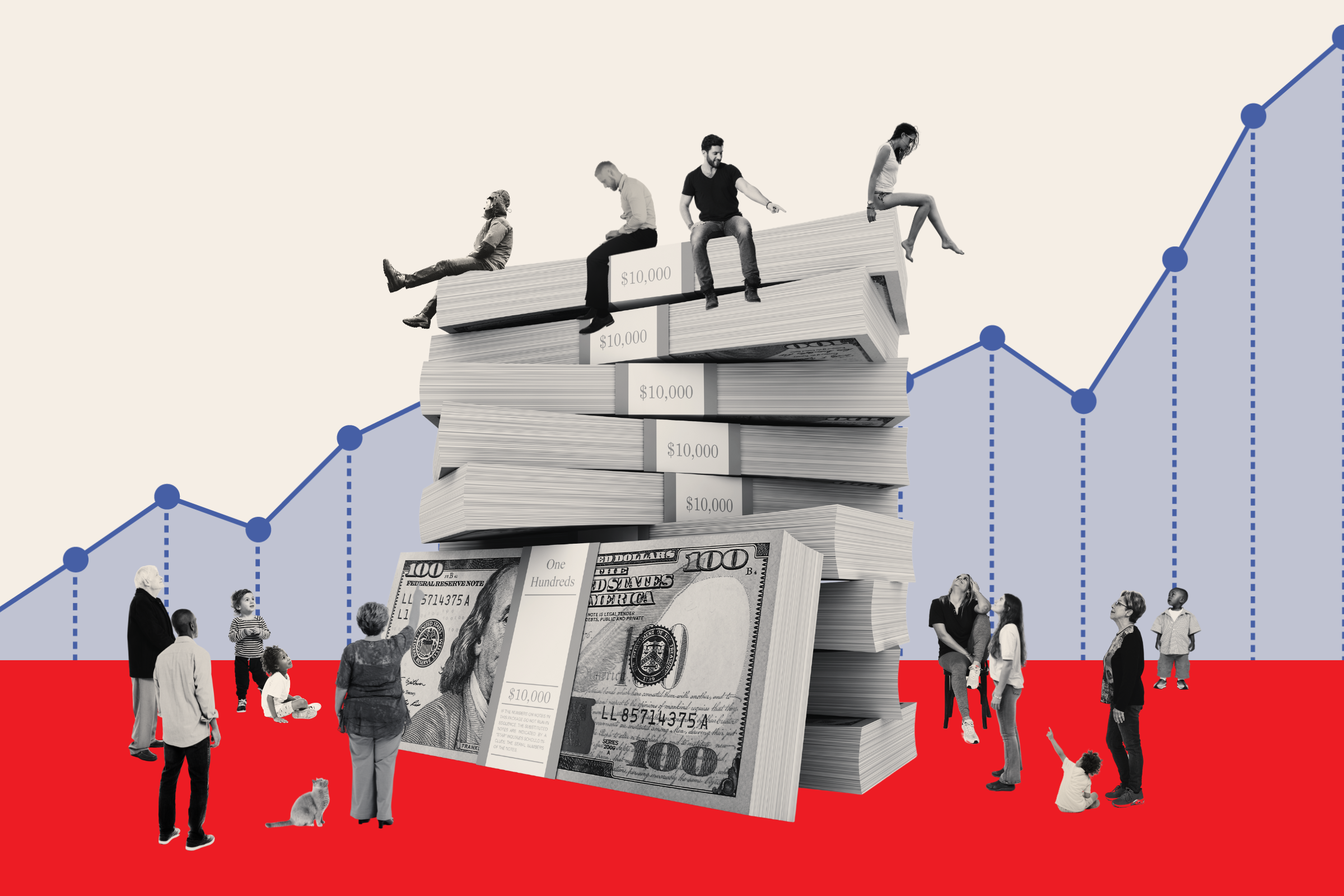Stimulating the brain has been found to make fearful memories less scary in a study. The team behind the project hope it could one day help people struggling with trauma.
The study involved 84 people, who took part in lab experiments over the course of three days. On the first day, researchers showed participants images and gave them mild electric shocks to the wrist, creating a bad memory. Using an instrument attached to the skin that measures psychological arousal, the researchers found the participants appeared to be scared when they looked at the images again.
The next day, the researchers reactivated the fear by showing the volunteers the pictures again. There is a short window of time after we recall a memory where it can be altered. So, 10 minutes later, researchers used a noninvasive technique known as transcranial magnetic stimulation to interfere with activity in the brain's prefrontal cortex. Transcranial magnetic stimulation involves putting an electromagnetic coil on a person's head, and creating a magnetic field that can change the activity of brain cells in specific areas. The prefrontal cortex, meanwhile, is key to controlling how we retrieve memories, and monitors reactivated memories, the authors wrote.
On day three, the researchers hooked the participants up to the fear-sensing machine again, and found they no longer had a psychological response to the images, according to the study published in the journal Current Biology. And the fear didn't return when they were shocked again.
Co-author Sara Borgomaneri, senior assistant professor in the psychology department at the University of Bologna, told Newsweek the findings indicate her team was able to destabilize, interfere with and reconsolidate the bad memories. She said the method does not have side effects.
Borgomaneri said: "We were inspired [to conduct the study] by the discovery of the memory reconsolidation process, that is the idea that memories are not written once and forever, but they can be modified using appropriate intervention. I think this is really fascinating."
She said: "The study sheds new light on the neural basis of the memory reconsolidation, and opens a new window for the treatment of psychiatric disorders, such as phobias and post-traumatic stress disorders, without using pharmacological treatments."
In principle, patients with post-traumatic stress disorder could have their brains stimulated while they recall traumatic memories. This could change the part of the brain network affected by the trauma, help them process the memory differently and rid them of their fear, said Borgomaneri.
The study was limited because the researchers did not test long-term effects, so they do not know how long the fear can be squashed.
But she said: "The study underlines the importance of memory reconsolidation, and of the possibility that our past memories can be rewritten somehow.
"Although preliminary and carried out only in healthy participants, our study suggests that brain stimulation may be seen as a future ally for psychological well-being."
Uncommon Knowledge
Newsweek is committed to challenging conventional wisdom and finding connections in the search for common ground.
Newsweek is committed to challenging conventional wisdom and finding connections in the search for common ground.
About the writer
Kashmira Gander is Deputy Science Editor at Newsweek. Her interests include health, gender, LGBTQIA+ issues, human rights, subcultures, music, and lifestyle. Her ... Read more
To read how Newsweek uses AI as a newsroom tool, Click here.






